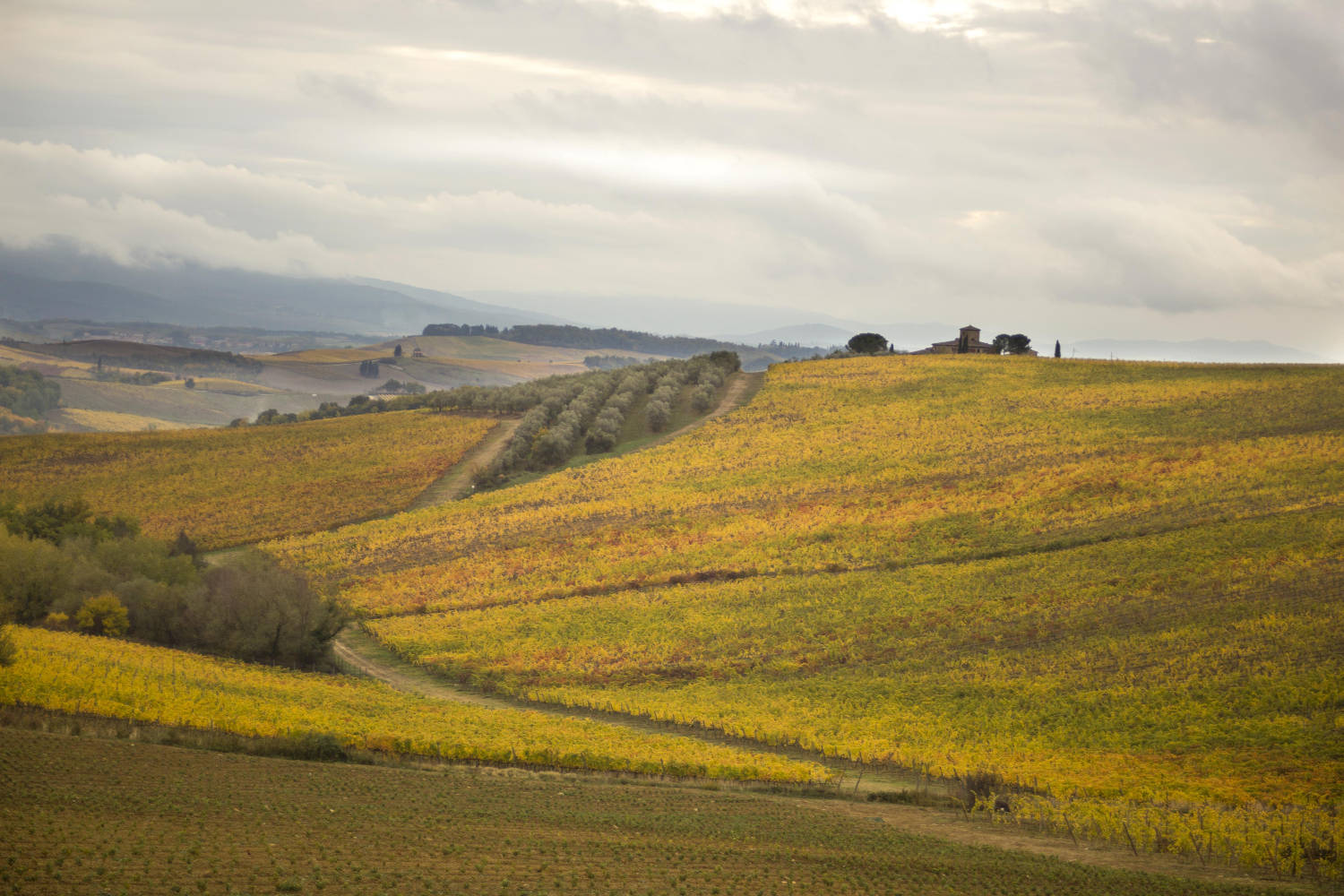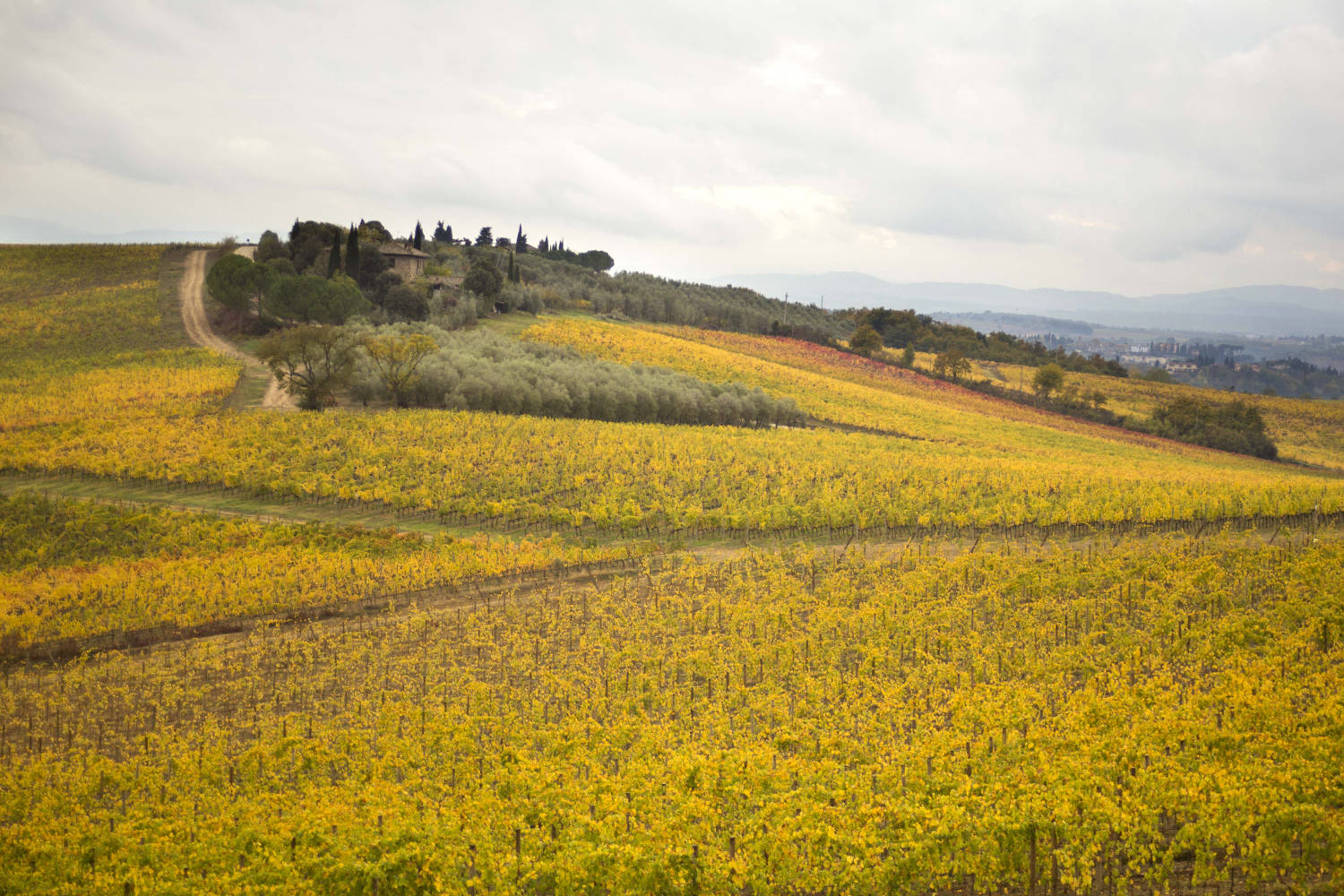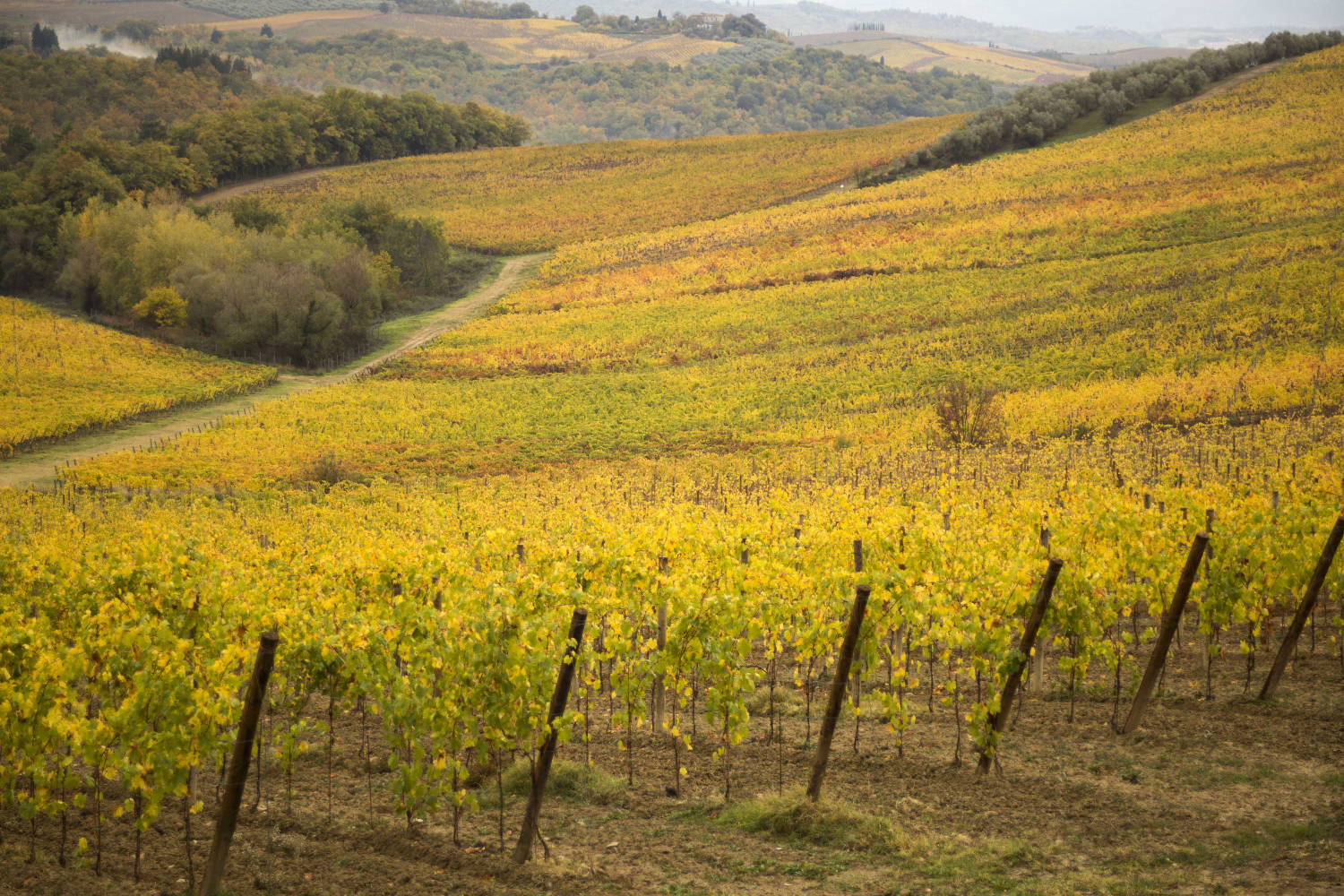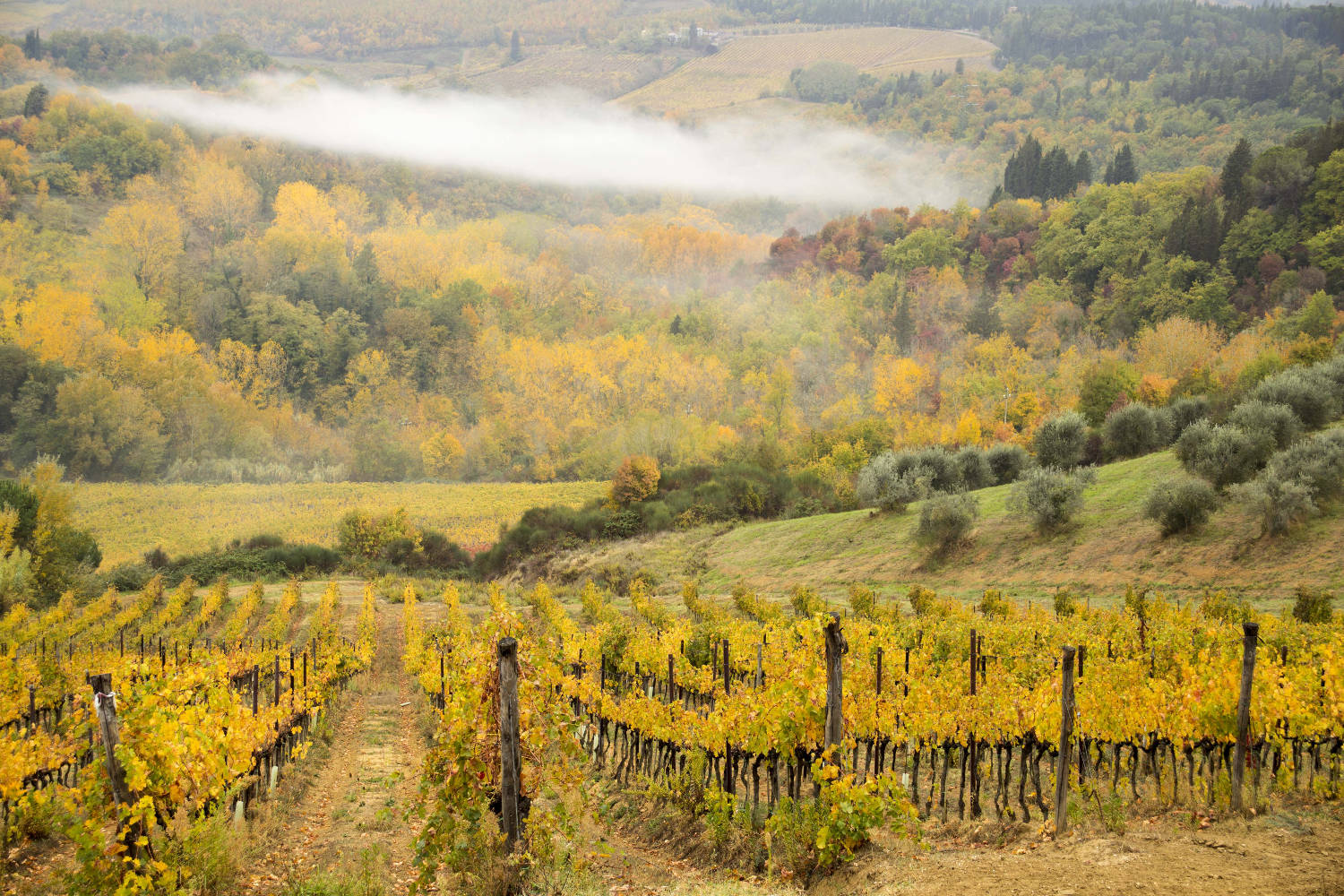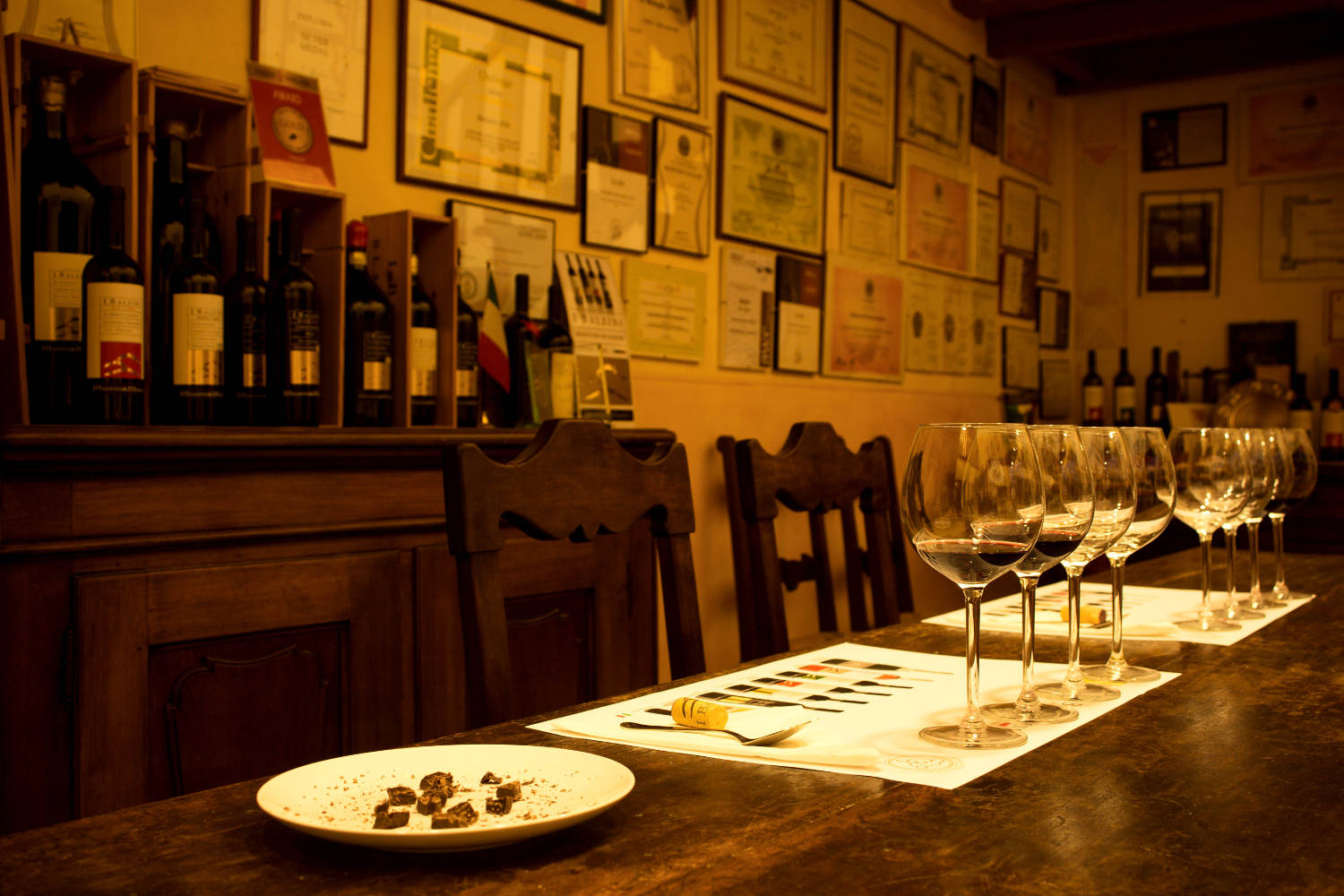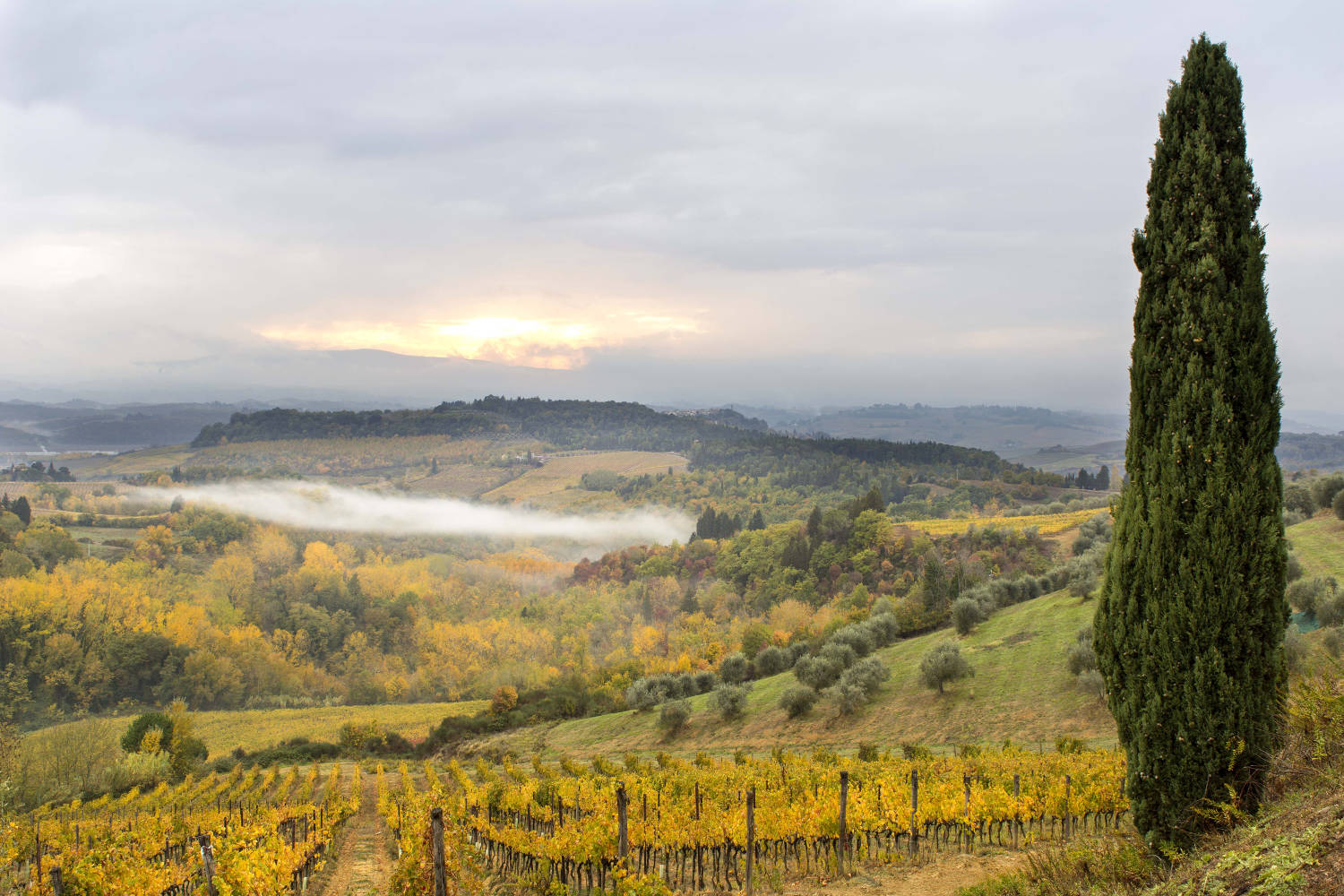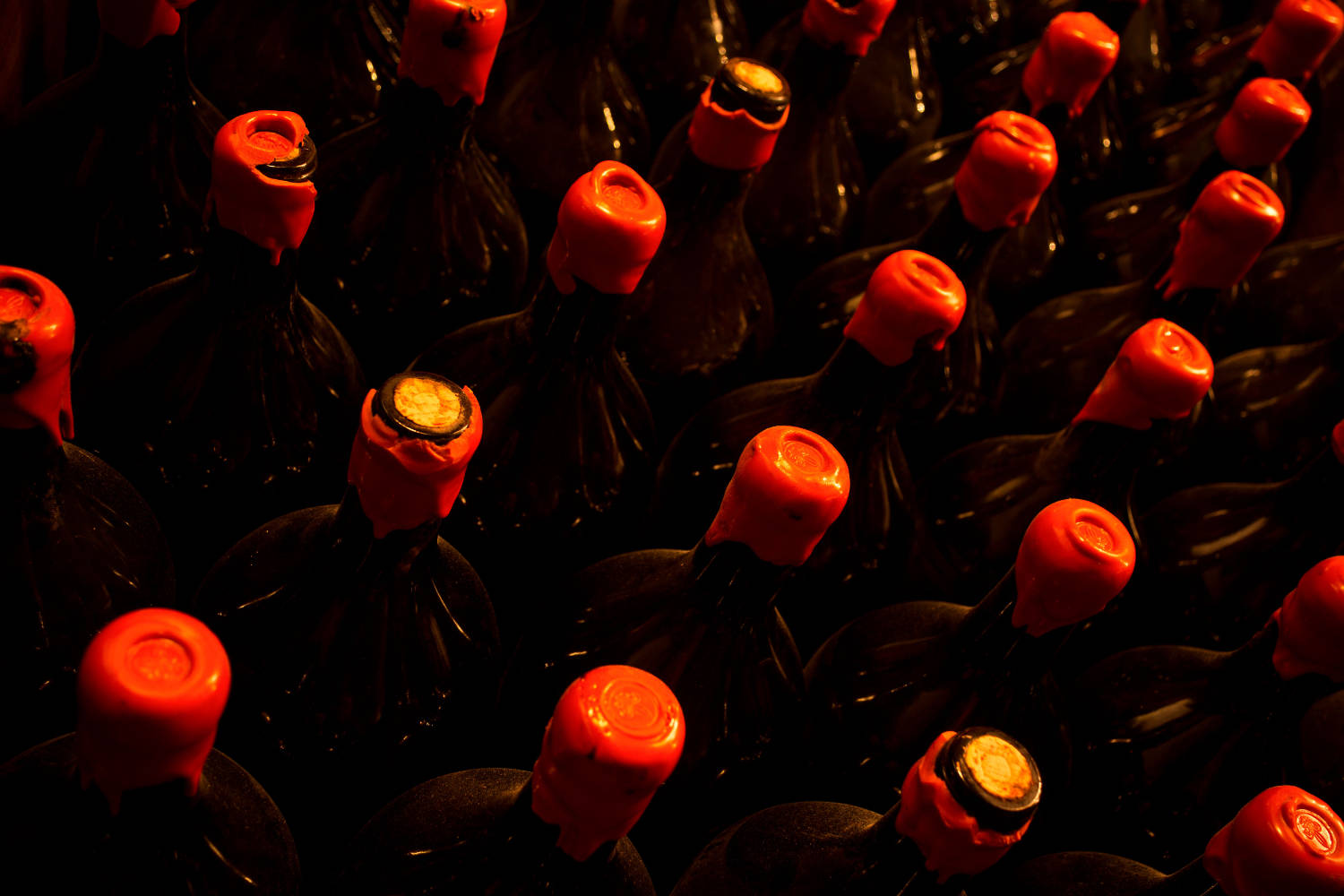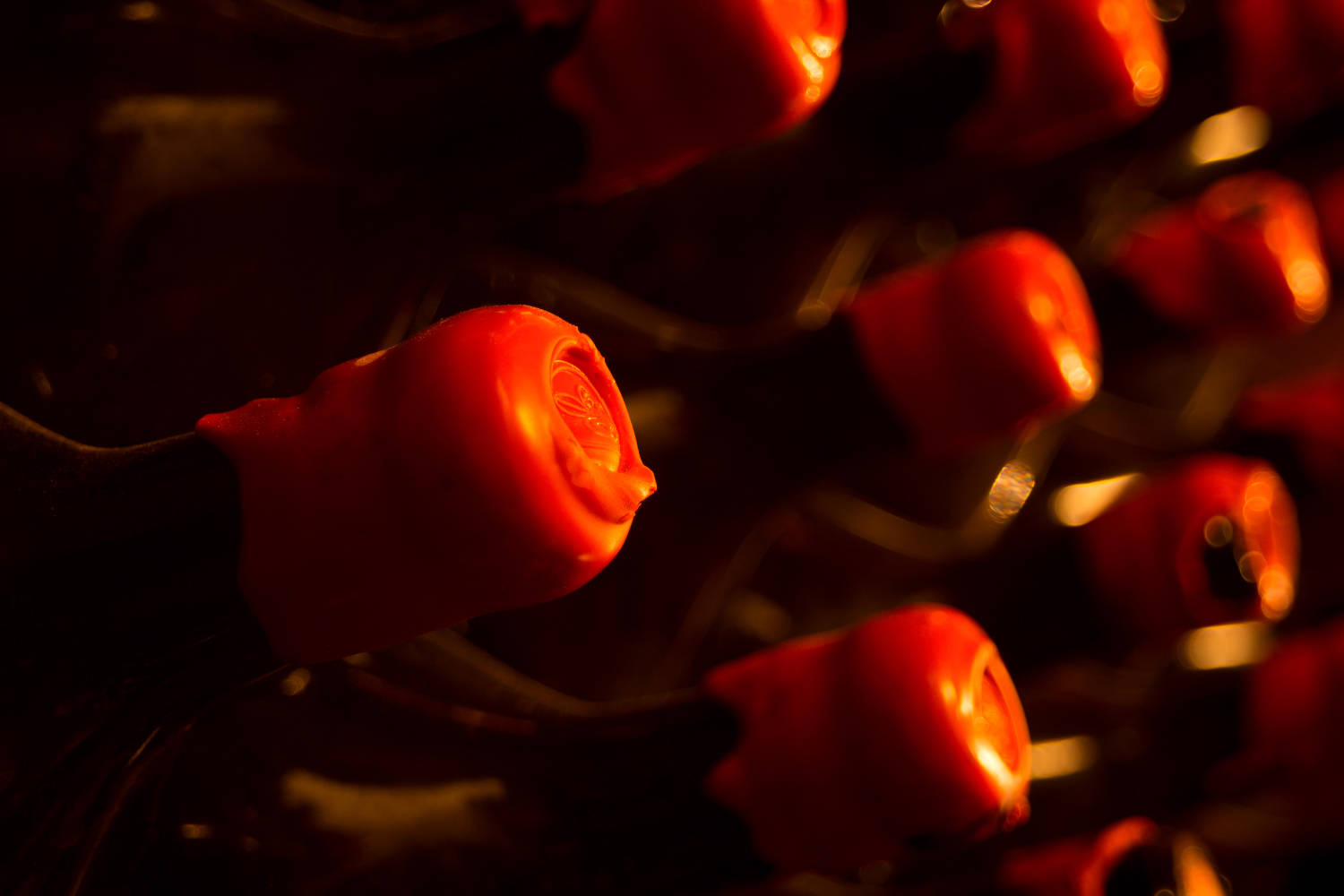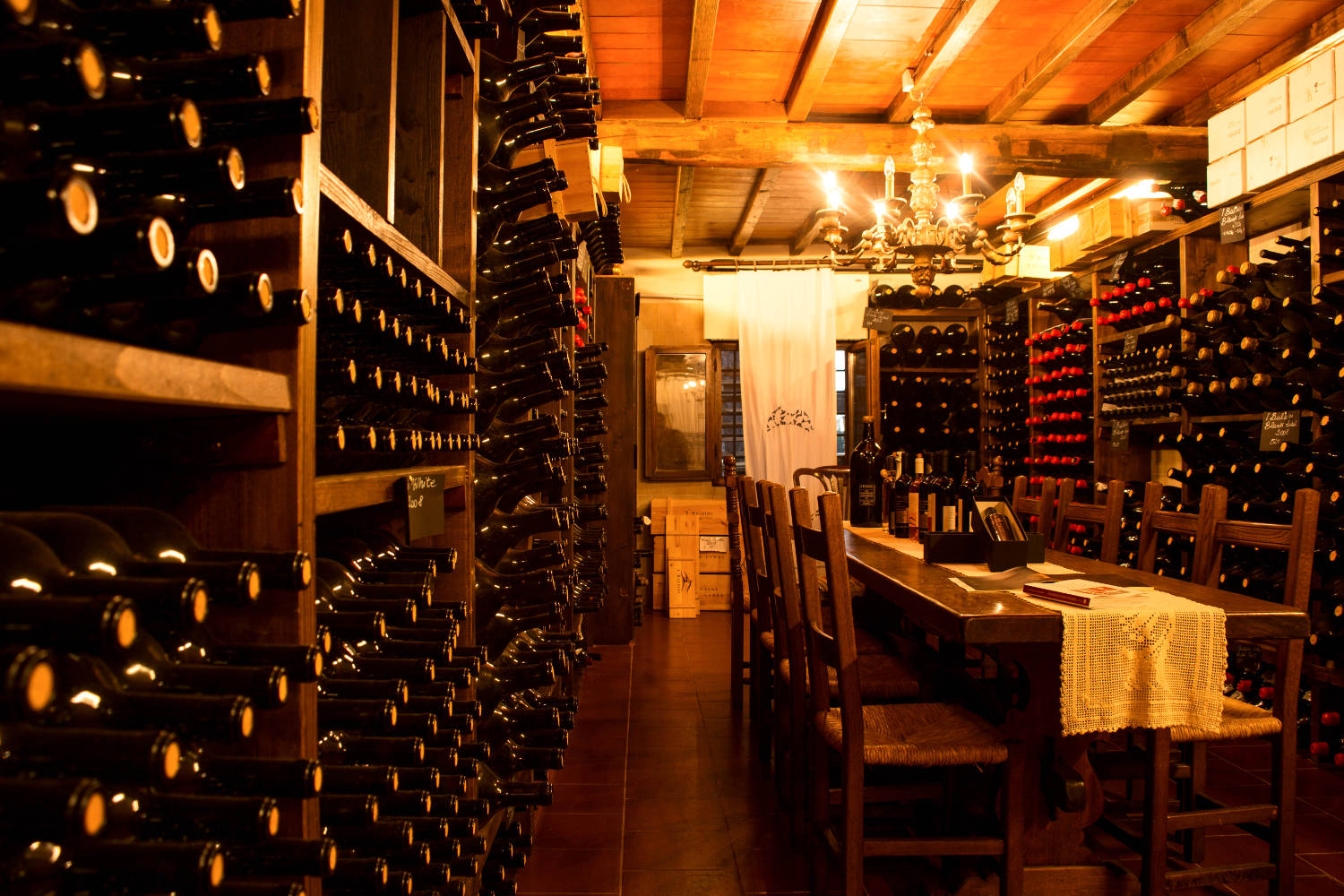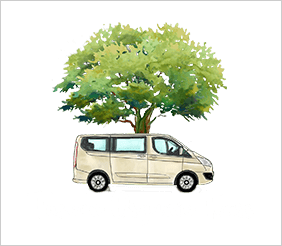Biodynamic agriculture is an agricultural method developed to produce, through the fertility of the soil, healthy food beneficial for human thought evolution. We are talking about an agriculture that identifies a very strong connection between fertility and human health, through the conscious utilization of vital forces and with respect for the individuality and freedom of those who apply such techniques.
BIODYNAMIC WINE TOUR
Modern yet ancient farming techniques are used to produce some truly excellent wines.
WHAT WE WILL DO ON THE BIODYNAMIC WINE TOUR:
FULL DESCRIPTION OF THE BIODYNAMIC WINE TOUR:
Biodynamic agriculture is an agricultural method developed to produce, through the fertility of the soil, healthy food beneficial for human thought evolution. We are talking about an agriculture that identifies a very strong connection between fertility and human health. These are the introductory words of the biodynamic agronomist and oenologist Adriano Zago in his “Manual of Biodynamic Viticulture” (Terra Nuova Editions, published in April 2023). We have decided to faithfully report them because, in our opinion, they explain correctly and succinctly the essence of the biodynamic agriculture concept.
The biodynamic agriculture movement emerged in the early 20th century when some farmers, followers of the Austrian scientist-philosopher Rudolf Steiner, asked him for practical help. Several farmers were concerned about the progressive degradation of various factors in agricultural reality. They noticed, in particular, that the soil was losing its fertility, seeds were losing their germination duration, and animals were becoming less reproductive. Some of these concepts were summarized candidly, claiming that even potatoes no longer tasted as they used to.
This led to a series of conferences held in a castle near the rural town of Koberwitz in Poland in June 1924. Steiner confirmed the farmers’ perceptions, stating that with the advent of technology and chemistry, cultivators were gradually losing their ancient knowledge, observational skills, wisdom, and ancestral methods and techniques. All of this resulted in a progressive impoverishment of the land and a weakening of the plants that provide our healthy food.
The purpose of this initiative was to awaken in farmers a scientific-spiritual interest for a healthier approach to agriculture. Man should position himself within the agricultural organism as part of the whole and learn to listen to and respect natural rhythms. The main obstacle, then as now, was and is to accept and share the fact that this can be one of the tools to save humanity from progressive moral decay and physical and spiritual poisoning.
We can assert without hesitation that, almost a century later, these teachings have borne fruit. Viticulture seems to have been the vector that has conveyed both the knowledge and appreciation of biodynamic agriculture worldwide, characterized by pronounced genuineness and, above all, high quality.
Agricultural and oenological techniques are considered sustainable and modern, even though they draw on ancient knowledge, such as the study of astronomy and the influence of planets in various plant growth and development phases, as well as intercropping.
The main goal of farmers is to enrich the organic substance of the soil and make it vital. Enrichment occurs through sowing, mowing, and sometimes burying green manure plants, finely mixed to not only provide nourishment to the soil but also make it permeable and rich. The seed mix often includes plants whose flowers offer refreshment to pollinating insects, promoting pollination. For soil vitality, a crucial and distinctive role is played by the use of biodynamic preparations, expertly prepared with bovine manure, minerals, and medicinal plants. The most important ones are defined as 500, 500P, 501, and Fladen, and they are dynamized and sprayed on the soil or plants. Alternatively, heap preparations are inserted into the manure during composting.
Soil cultivation tends to be light and minimally invasive to preserve proper stratification. Fertilization is carried out only with organic fertilizers, often produced within the farm itself, respecting insects, fungi, and microorganisms that contribute their incessant and unconditional work.
In summary, the goal of the biodynamic vintner is to make the land fertile and vital, allowing plants to grow strong and robust. A healthy plant, under favorable climatic conditions, will lead to the maturation of mature, generous, and balanced fruits. Bringing healthy grapes into the cellar is the first step in producing excellent wines.
THIS TUSCAN WINE TOUR INCLUDES:


